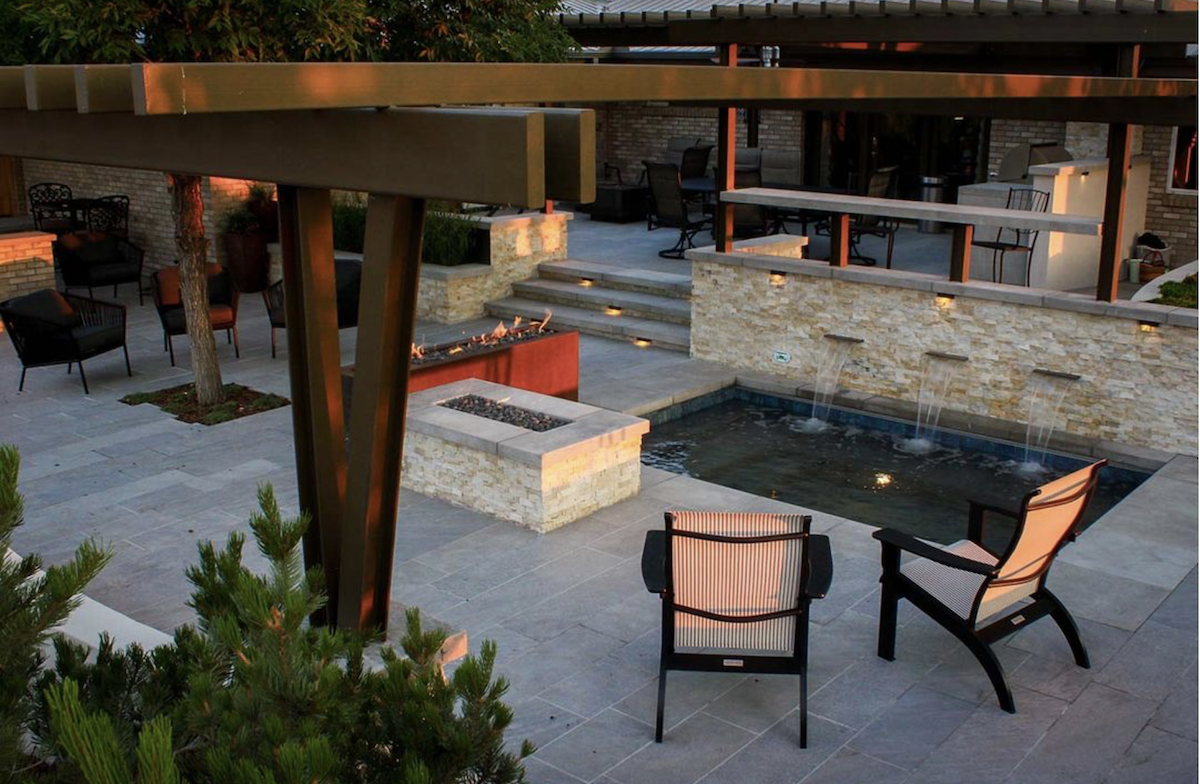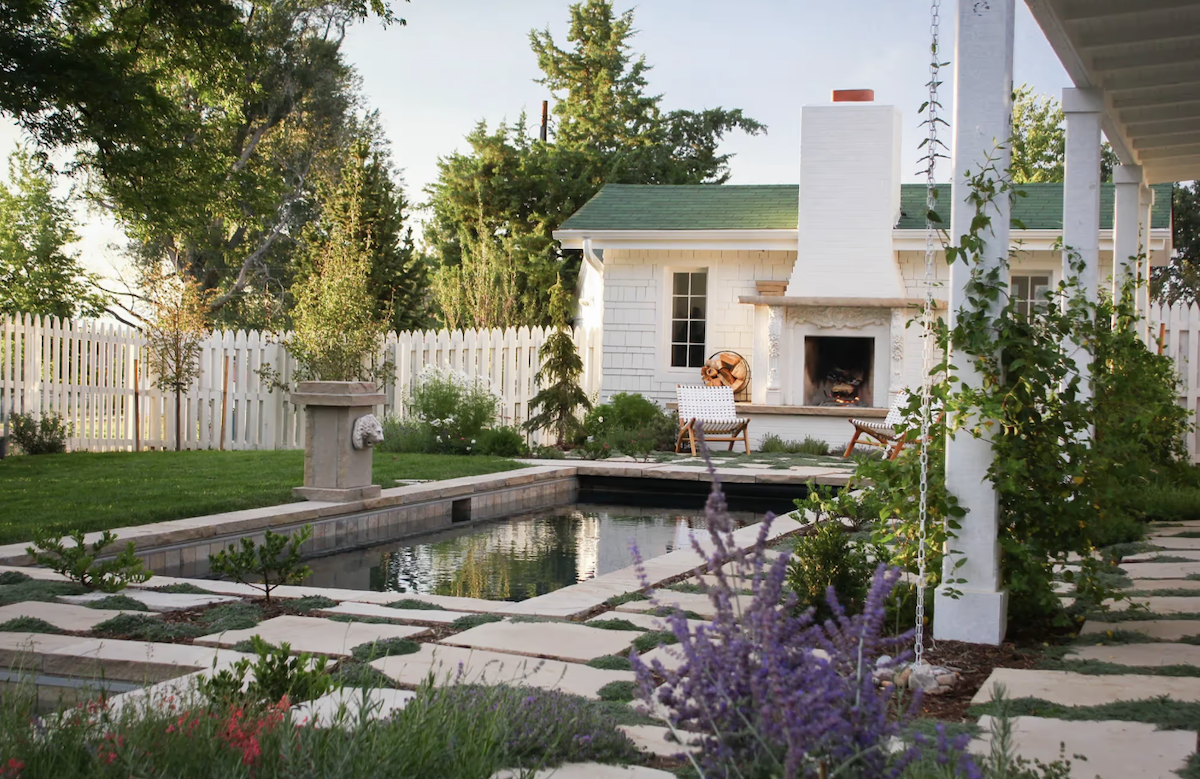In Colorado's unique climate, creating sustainable and beautiful outdoor spaces requires thoughtful design choices. At Ivy Street Design, we're seeing a growing trend among Denver homeowners and businesses: the adoption of permeable pavers for driveways. These innovative materials not only enhance property aesthetics but also contribute to environmental stewardship—a core value we've championed throughout our 30+ years of landscape design experience.
Understanding Permeable Pavers: Types and Applications

1. Interlocking Concrete Permeable Pavers
These highly durable pavers feature small gaps between units filled with aggregates, allowing water to filter through naturally. Perfect for Denver's climate, they can withstand freeze-thaw cycles while maintaining their structural integrity. The variety of patterns and colors available means your driveway can complement any architectural style.
2. Pervious Concrete Pavers
Made from specially formulated concrete with reduced fine particles, these pavers contain countless small voids that allow water to pass through the material itself. They're particularly effective in areas with heavy rainfall or snowmelt, making them ideal for Colorado's variable weather patterns.
3. Grass and Gravel Pavers
These innovative systems combine structural support with natural elements. Grass pavers feature a honeycomb structure that supports vehicle weight while allowing grass to grow through, creating a seamless blend with your landscape. Gravel pavers use a similar principle but are filled with decorative stones, offering excellent drainage and a distinctive appearance.
Benefits of Permeable Paver Driveways
Environmental Advantages
- Natural groundwater recharge
- Reduced stormwater runoff
- Filtration of pollutants before they enter water systems
- Lower heat island effect compared to traditional pavements
- Potential LEED credits for sustainable building projects
Practical Benefits
- Reduced pudding and ice formation in winter
- Lower risk of cracking from freeze-thaw cycles
- Minimal maintenance requirements
- Extended lifespan compared to traditional paving
- Improved property value
Aesthetic Value
- Wide range of design options
- Seamless integration with landscape design
- Custom patterns and color combinations
- Natural, elegant appearance
Why Choose Permeable Pavers for Your Denver Property?
These systems aren't just about functionality—they're about creating sustainable, beautiful spaces that work in harmony with our local environment.
Colorado's unique climate presents specific challenges: intense sun, rapid temperature changes, and periodic heavy precipitation. Permeable pavers address these challenges while contributing to water conservation efforts—a critical consideration in our semi-arid climate.
FAQ’s
1. How much maintenance do permeable paver driveways require?
Permeable paver driveways are remarkably low-maintenance. They require an annual inspection, periodic sweeping to prevent debris buildup, and joint material refilling every 3-5 years. With these simple maintenance steps, your permeable driveway will maintain its functionality and appearance for decades.
2. Can permeable pavers handle Colorado's freeze-thaw cycles?
Yes, permeable pavers are ideal for Colorado's climate. Their design allows water to drain before freezing, preventing ice damage, while the flexible joint material accommodates ground movement. Our installation methods specifically account for Denver's unique weather patterns, ensuring long-term durability through seasonal changes.
3. What is the cost comparison between permeable pavers and traditional driveways?
While permeable pavers cost about 15-25% more initially than traditional surfaces, they offer greater long-term value through reduced maintenance costs and a longer lifespan of 20-30 years. Many property owners also benefit from reduced stormwater management costs, and some local municipalities offer installation incentives.
4. How effective are permeable pavers in managing heavy rain and snow?
Properly installed permeable paver systems excel in Denver's climate, handling up to 3-5 inches of rain per hour while reducing snow and ice accumulation in winter. The system prevents puddles and surface flooding, making it particularly effective during heavy snowmelt periods. .
5. How long does installation take, and what's involved in the process?
A typical residential driveway installation takes 1-2 weeks, depending on size and site conditions. The process includes site preparation, base installation, paver laying, and final finishing. At Ivy Street Design, we coordinate the entire process to ensure minimal disruption while maintaining our high quality standards.







